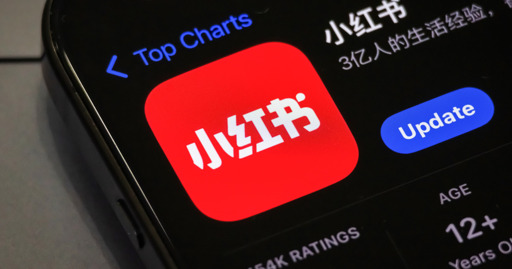Summary
Many Americans are migrating to RedNote, a Chinese-owned app based in China, raising significant privacy and security concerns.
Experts warn that RedNote, based in China, is subject to Chinese laws, including the Personal Information Protection Law and Data Security Law, which grant the government rights to request data and cooperation with intelligence operations.
Enforcement of these laws is often opaque. Analysts highlight risks of data collection, algorithm manipulation, and censorship on RedNote.
Critics argue the U.S. lacks comprehensive privacy laws, driving users to platforms like RedNote that may pose even greater risks than TikTok.



The Chinese aren’t the ones firing people for posting pro Palestinian things on social media or attacking protestors on college campuses or protecting white supremacists in Oregon or Washington. That’s our agencies, our cops.
First of all: US companies and agencies will be assholes about what you post, wherever the content is hosted. Same for Chinese companies and agencies.
Second: I’m not advocating for using US state-controlled social media. But China-controlled social media is not any better, and I certainly wouldn’t call switching to it “getting wise”.
Particularly switching to one that’s known to inject keyloggers into its webviews, especially when keyloggers seem to be a staple of Chinese state surveillance.
Ya but when it’s posted on a social media they can’t control and you aren’t American, they can’t stop it. It’s why videos of the genocide were all over Tik Tok but not US social media. The US does the same things, but with Instagram and similar (even in your first article it shows they have that capability and worse. Which checks out, I’ve had Instagram and FB make ad suggestions for things I’ve searched on completely different apps or web pages, or sometimes just something I’ve talked about.)
I would argue that Chinese controlled social media is better if you’re trying to get past US censored channels and surveillance and you live in the US. Same if I was in China, I’d be saying the about US social media probably.
Of course fediverse service would be the best case scenario.